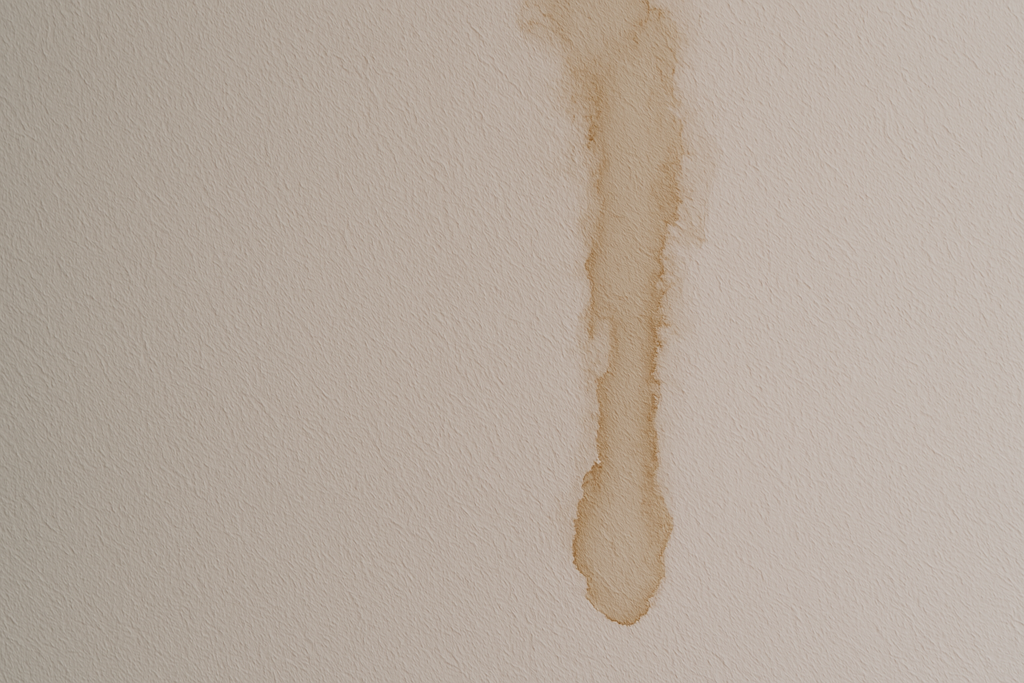
Open 24/7! Servicing all of Sydney’s Eastern Suburbs
Our Average Response time is: 1hr 53min 47sec
There's little more frustrating than a shower that suddenly turns into a trickle. Or a faucet that blasts water one minute and slows to a drip the next. Fluctuating water pressure is a common issue in many homes, caused by anything from clogged pipes to municipal supply changes.
Tackling the issue promptly can help avoid larger plumbing headaches down the line and restore your shower to full power. So, what are the main causes and how can you fix them? Let's get into it.
Water pressure can change for a variety of reasons. Some of these are out of your control and may need a professional plumber, while others may require just a simple fix.
If your entire neighbourhood is experiencing low or inconsistent water pressure, the issue may be with the local supply. Seasonal demand can have an influence, such as in summer or during a drought and increased irrigation. Even increased household use can reduce pressure. Additionally, if there are council maintenance work or pipe repairs in your area, this may temporarily disrupt water flow.
Over time, sediment and mineral deposits can build up in your pipes and, as a result, restrict water flow. If you have an old home, you could have corrosion in older pipes which can also narrow passageways, leading to lower pressure. Look out for water stains and damp spots, or if you have an unexplained spike in your water bill, a leak could be the culprit—this is when it’s best to call a plumber before the problem worsens.

Your pressure regulator helps maintain consistent water pressure in your home. When it fails, you might experience sudden fluctuation. If all your taps are affected, check your pressure regulator and if the water pressure changes happen frequently, a malfunctioning regulator could be to blame.
Whether you're using multiple water-using appliances at once—such as a dishwasher, washing machine, and shower—or having guests staying over, a high demand on your home's system can influence water pressure. If your plumbing system isn’t designed to handle high simultaneous demand, you may want to consider upgrading your hot water system or installing a pressure-boosting feature.
There are several ways to troubleshoot water pressure issues and fix the issue, some with DIY plumbing.
To check for hidden leaks, turn off all water-using appliances. Then, monitor your water meter—if it’s still ticking, that's a giveaway you may have a leak. Now, depending on the type of leak determine whether you can fix it yourself or require a plumber. Visibly corroded or rusted old pipes will need replacing, especially in older homes where buildup restricts flow. If you suspect major pipe issues, it's best to call a professional plumber.
Mineral deposits and debris can clog your faucet aerators and showerheads, which restricts water flow.
Here's a handy DIY plumbing trick to clean them:
These simple steps can restore strong, steady water pressure. If this does not solve the issue, call in a professional.
A faulty pressure regulator can cause water pressure fluctuations and, as we've suggested, you can check the issue yourself. To check if it’s the issue:
If your home has older, narrow or corroded pipes, it could be time to upgrade to larger-diameter pipes or even replace your hot water system or entire plumbing system. For newer homes with ongoing low pressure, a water pressure booster may be a worthwhile investment. These systems are especially helpful in multi-story homes to help maintain steady pressure.

Sometimes, DIY fixes just aren’t enough to resolve plumbing issues. If you’re facing recurring water pressure issues, it’s time to call in a professional plumber. Addressing issues early can save you money in the long run and prevent further damage. Contact Plumberoo, your trusted and reliable Eastern Suburbs plumbers today for an inspection.
Low hot water pressure can be caused by clogged pipes, a faulty pressure regulator, or issues with the municipal water supply.
You can address low water pressure by cleaning faucet aerators, checking for leaks, or contacting a plumber to inspect the pipes and pressure regulator.
Sediment buildup in a water heater can restrict flow, leading to reduced water pressure.
If basic fixes don’t resolve the problem or if you notice significant pressure drops, it’s best to call a plumber to assess the situation.